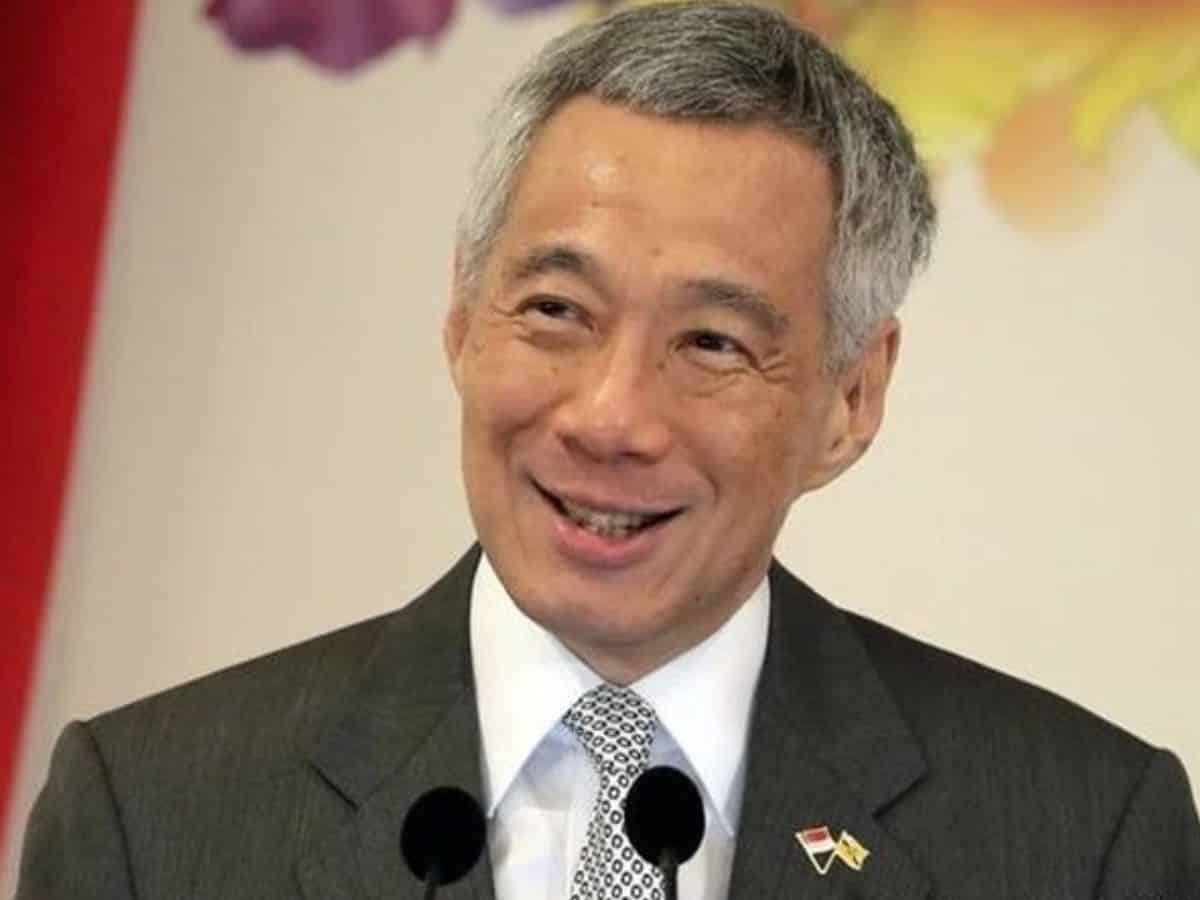
Singapore: Multi-faith, multi-national Singaporeans cannot disavow their diverse ethnic roots with China, India and religious affinities, Prime Minister Lee Hsien Loong said on Wednesday as he appealed for cohesion in his last major speech before stepping down from the leadership of the prosperous city-state in two weeks.
“Social cohesion is important and race, language, and religion are traditional fault lines that will never go away for Singapore. While huge efforts have been made to build a shared Singaporean identity, the nation will always be subject to external forces that pull different segments of its population in different directions,” Lee said as he delivered the keynote address at the May Day Rally.
“We cannot disavow our diverse ethnic roots and religious affinities – Chinese Singaporeans with China, Indian Singaporeans with their various ancestral homes in India, Malay Singaporeans with the rest of our region, and with the global Muslim Ummah,” Lee said impressing on the citizens of prosperous island state nestled in the heart of Southeast Asia.
“They can be vulnerabilities, yet we do not want to lose these rich cultural and historical heritages,” the 72-year-old Lee said.
“Racial and religious harmony would continue to be a work in progress, but Singapore must also be conscious of other potential divisions.
“These include tensions between the haves and have-nots, Singaporean-born and naturalised citizens, political conservatives and liberals, and current and future generations, which can be exploited politically,” Lee, who will hand over the premiership to his Deputy Lawrence Wong on May 15, said.
Singapore’s system is anchored on a strong base of trust, with the People’s Action Party (PAP) government working hard to maintain it, he said. “Therefore, at each (general) election, 15 times in a row, the PAP has won a renewed mandate, fair and square, and continued to deliver results for Singaporeans.”
Former Prime Ministers Lee Kuan Yew and Goh Chok Tong built a system that would endure beyond their own terms, and Lee said his successors must do the same.
“And while the country’s system will evolve with time, it must evolve in a way that continues to serve Singapore’s interests. This trust between people and government is needed to sustain long-term planning, another imperative that the PAP government has always maintained,” said Lee.
Looking back at his 20 years as Prime Minister, Lee spoke about the progress Singapore made under his tenure and said, Singapore has become “much better off.”
“I have done my duty, and I am very happy I chose this path of public service all those many years ago,” said Lee, who was also marking his 40th year in politics.
